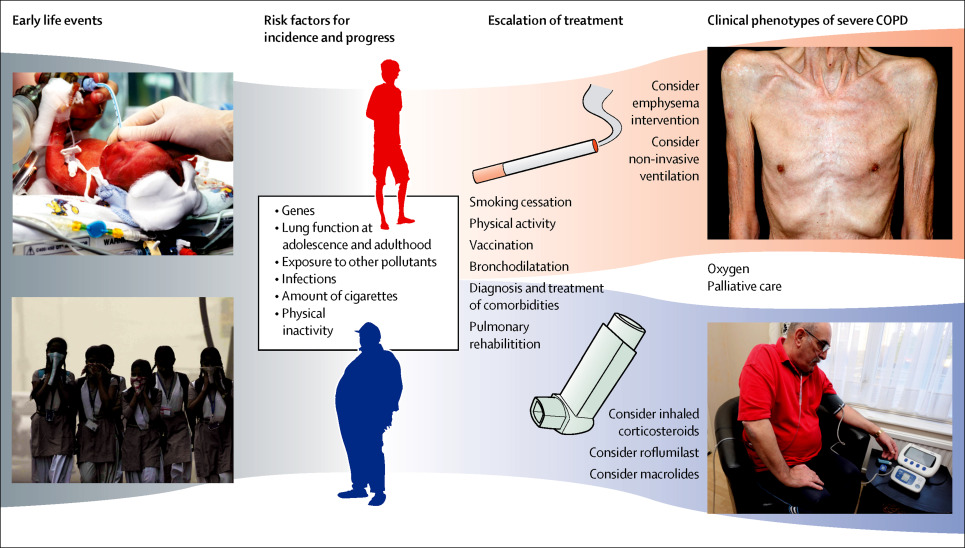
There are two common symptoms of COPD, namely chronic obstructive pulmonary disease and emphysema
These are the most commonly found symptoms in COPDs. However, there are many other signs and symptoms of COPD which are not so familiar to patients, doctors or family members of patients with COPDs.
The two most common symptoms of COPD are shortness of breath and wheezing. Other common symptoms include hoarseness, coughing, wheezing, and shortness of breath. All of these symptoms can lead to COPD if left untreated. In fact, COPD often leads to more serious conditions such as pneumonia and kidney failure.
Many of the signs and symptoms of COPD are common in patients with other conditions. People with bronchitis or emphysema will have the same type of breathing disorder. Patients with arthritis, hyperthyroidism, diabetes, or any other medical condition may also develop symptoms similar to those of COPD.
However, these symptoms of COPD are also very different from those of diseases such as arthritis. They are often difficult to diagnose due to their ability to mimic other health conditions. Therefore, it is important to obtain a medical opinion if these symptoms of COPD are present. Doctors often prescribe medications to treat these symptoms of COPD.
The rest of the symptoms of COPD are different from those of disease. It is actually quite difficult to diagnose the symptoms of COPD. Symptoms can vary from patient to patient depending on their specific case. However, in general, symptoms of COPD include shortness of breath, wheezing, and shortness of breath.
Doctors will take your medical history and your symptoms under consideration while diagnosing you. For instance, the doctors will look at your lungs for symptoms of COPDs. If they find that there are problems in your lungs, the doctors will make a diagnosis and then recommend treatment. COPD medications.
Symptoms of COPDs are often very vague. This means that some people may have the symptoms and not have COPDs. However, it is a good idea to see a doctor if you suspect that you might have COPDs. even though you might have other serious health conditions. A medical professional will be able to provide you with the necessary tests to determine whether you do have COPDs or not.
Some people can have the symptoms of COPDs for long periods of time without even knowing it. If you suffer from any of the symptoms of COPDs, you should definitely visit a doctor. The sooner you get a diagnosis the sooner you will get proper treatment.
When people think about COPD, they often assume that the symptoms of COPDs only affect the elderly. This is not always the case. Often, COPD patients can be diagnosed for many years before symptoms develop.
Symptoms of COPD include weight loss, a feeling of being sick, fatigue, and being unable to stand for long periods of time. The symptoms of COPD can range from mild to severe. Some patients might feel extremely fatigued and unable to focus. Other patients may feel tired and lacking in energy.
Symptoms of COPD can also include dizziness, fainting, a loss of appetite, nausea, or abdominal pain. Other symptoms include skin dryness and rashes. Other patients can experience blurred vision, depression, or headaches.
If you suspect that you have symptoms of COPD, it is best to get a doctor's opinion right away. There are many different medications available to treat this condition. However, your physician can tell you whether or not the medications will be effective in your case.
If you think that you have COPD, it is also best to learn how to prevent the symptoms of COPD from developing. Smoking and alcohol consumption can cause the symptoms of COPD. You should also try to improve your lifestyle. Physical activity, eating well, and getting enough rest can help the symptoms of COPD from developing.